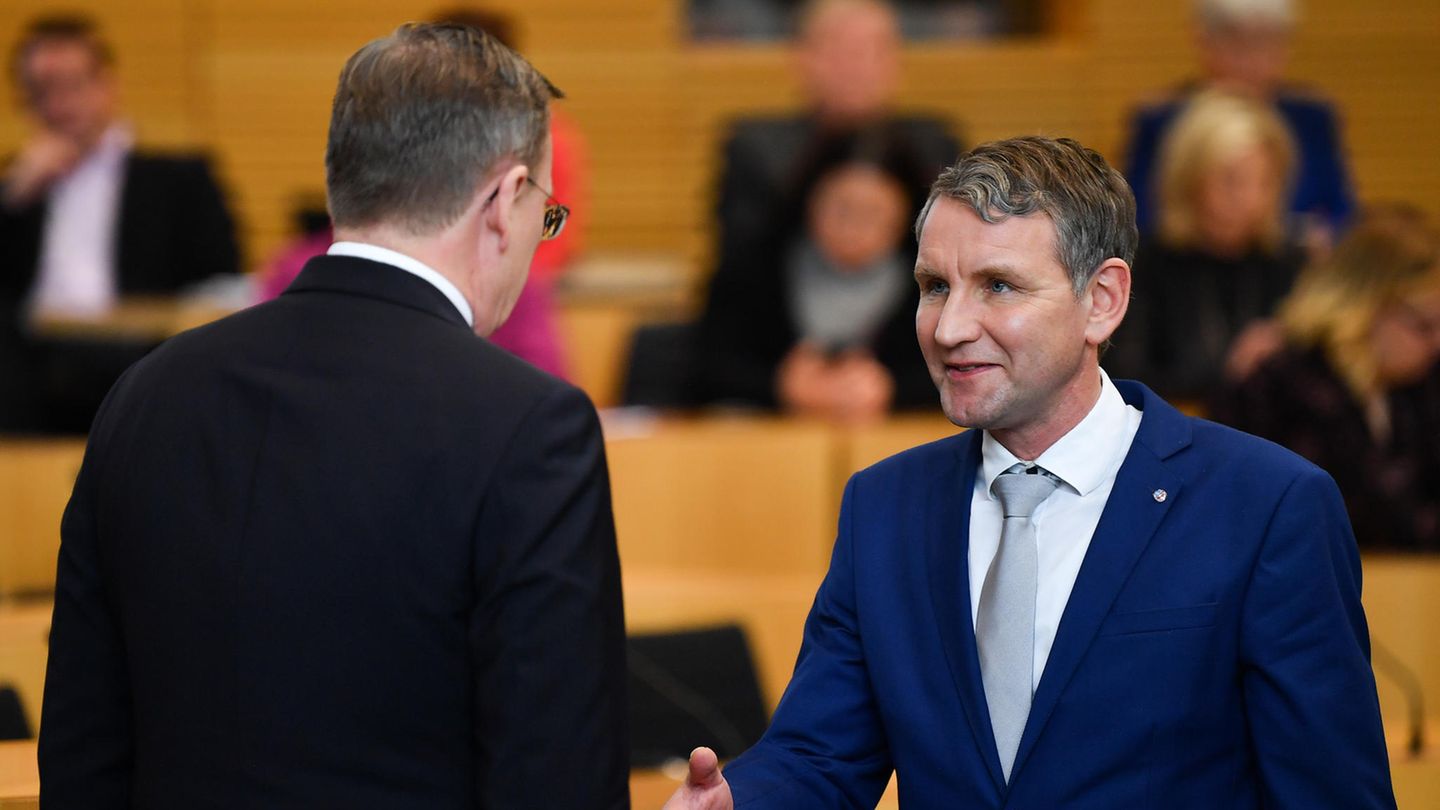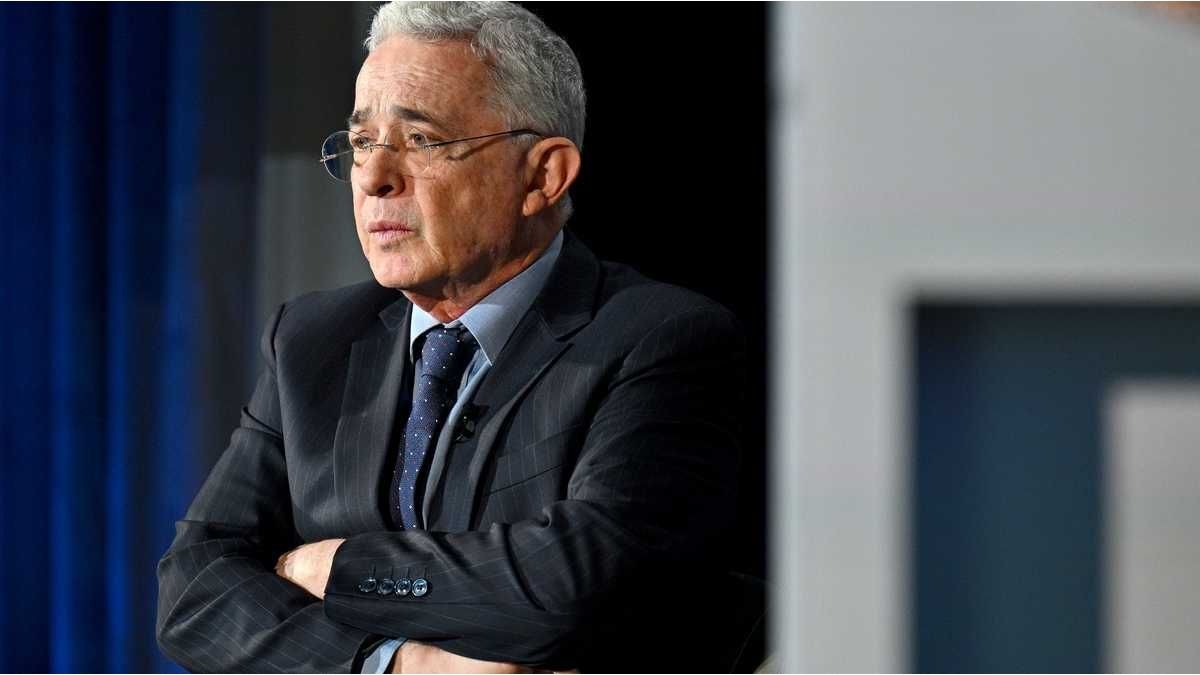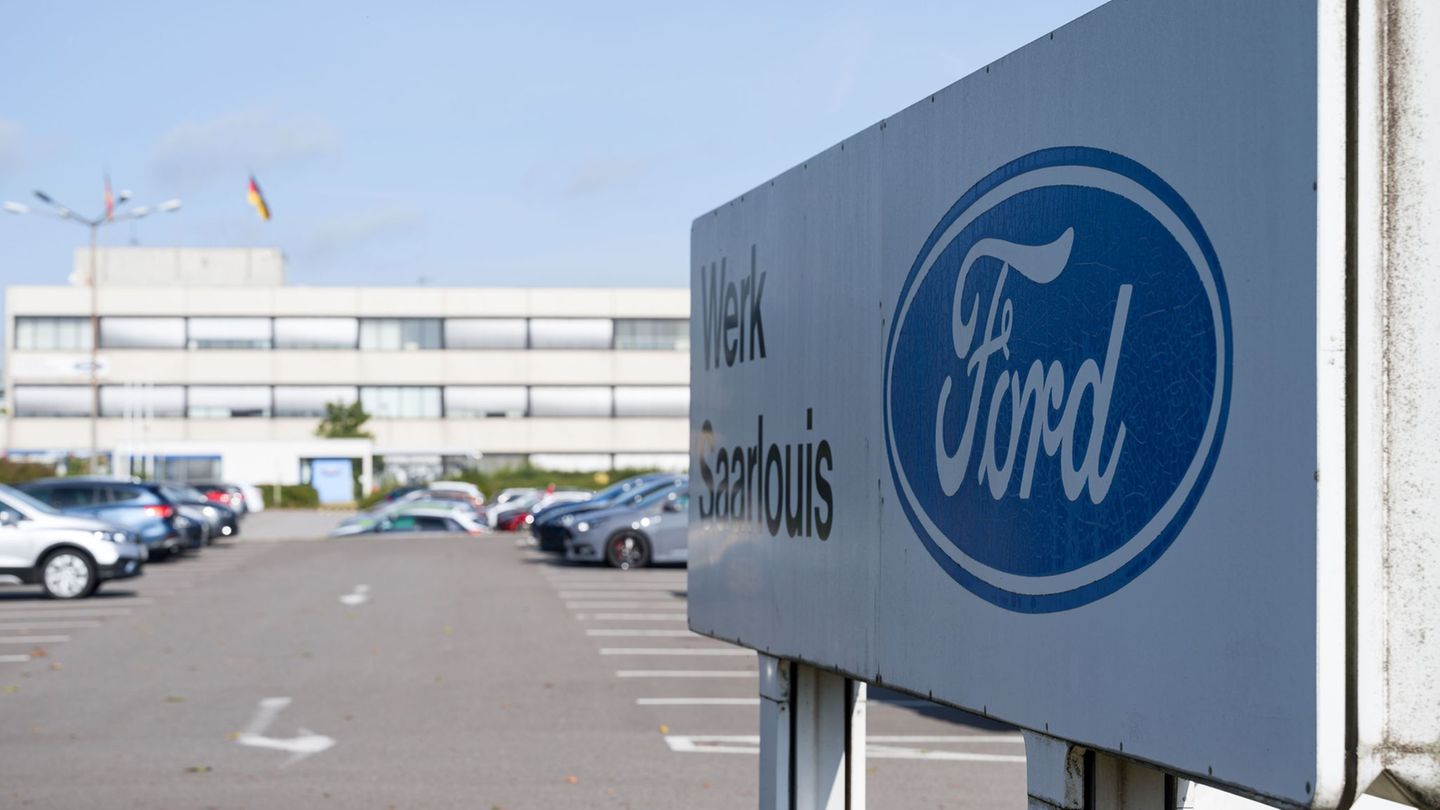AfD right wing Björn Höcke is trying to overthrow the only head of government on the left, Bodo Ramelow, by means of a vote of no confidence. The chances of success are almost zero, the excitement is great.
“What does the AfD do? What does the greatest possible damage” – that is almost a household word in the Thuringian state parliament. This Friday it’s that time again: The permanent duel between AfD right-winger Björn Höcke, 49, against left-wing Prime Minister Bodo Ramelow, 65, goes into the next round. Unlike in the prime ministerial election in March 2020, Höcke does not run directly against his favorite opponent. He uses a passage in the constitution – the constructive vote of no confidence.
With this “we want to create the formal prerequisites for ending the failed minority coalition of Bodo Ramelow”, formulates the AfD parliamentary group as the goal of their action. “Parliamentarism lives from the fact that the opposition wants to rule,” says Höcke. Ramelow and his red-red-green government would have fallen if Höcke were elected prime minister with at least 46 votes.
Höckes chances? They go to zero – because apart from the AfD no other parliamentary group wants to agree. Then why the spectacle, exactly one week after the state election planned for September was called off in Thuringia?
“The AfD is about breaking taboos”
“The AfD uses the state parliament. It is about breaking taboos, about the greatest possible uncertainty and about making Thuringia and parliamentary democracy ridiculous. I cannot see any other role for the AfD,” says the leader of the Greens, Astrid Rothe-Beinlich.
Since the state elections in 2019, the AfD has been the second largest parliamentary group with 22 of 90 members. Time and again, the party observed by the Thuringian Office for the Protection of the Constitution because of right-wing extremist tendencies influences state parliament decisions far more than its actual strength would allow. Höcke, who directs as parliamentary group leader, is considered to be a co-founder of the AfD’s “wing”, which has since been formally dissolved and classified by the Federal Office for the Protection of the Constitution as right-wing extremist – he is therefore not acceptable to any other parliamentary group in finding a majority.
Political scientists such as André Brodocz from Erfurt and Torsten Oppelland from Jena see the state parliament in a dilemma in view of the difficult conditions: Ramelow’s coalition of the Left, SPD and Greens, which is four votes short, and the two opposition groups CDU and FDP have a very large AfD Group to do – which indirectly has a lot of influence. “The only parties that could currently form a majority are parties – left and CDU or even AfD – that are not compatible,” says Oppelland, describing the situation. The AfD also has power “because the other parliamentary groups make their actions dependent on it,” says Brodocz.
And what does Prime Minister Ramelow say?
In July, the Höcke parliamentary group put the state parliament in Erfurt into constant stress. The first act was about chairing committees of inquiry. The AfD wanted someone to make trustee decisions in the 1990s, while the CDU wanted someone to investigate current cases of politically motivated violence.
The AfD withdrew its application – and suddenly, as the second largest group, it was entitled to the chairmanship of a committee that is supposed to deal with extremist tendencies. CDU parliamentary group leader Mario Voigt accused the AfD of trickery and responded with a tactical maneuver: the CDU applied for a trustee committee, which it actually did not want. The state parliament had to deal with the consequences on Thursday.
The second act: When the state parliament was dissolved a week ago, the fear that AfD votes could ultimately make the difference also played a decisive role. The parliamentary group leader of the Left, Steffen Dittes, justified the withdrawal from the party “which hates parliamentary democracy”.
The third act follows this Friday and is already causing controversial reactions: The CDU faction decided to remain passive in the no-confidence vote against Ramelow and to refuse to vote.
“With his candidacy Björn Höcke is once again trying to make this parliament contemptible. That is why we will not get involved in the transparent games of the AfD,” said their parliamentary group leader Voigt. “This weakens the democratic signal,” fears SPD leader Georg Maier. Some at Red-Red-Green believe that Voigt does not want to risk that if there are more than 22 votes for Höcke in the secret ballot, the votes could be located at the CDU. In contrast to the CDU, the FDP wants to take part in the vote. “We will definitely not vote for Mr. Höcke,” announced FDP parliamentary group leader Thomas Kemmerich.
And what does the person who is actually involved in the motion of censure under Section 73 of the Constitution say? Ramelow is statesmanlike: “It is up to the opposition – and in this case also the AfD – to submit an application under Article 73.” He assumes that Parliament will deal with it sovereignly, said Ramelow.
David William is a talented author who has made a name for himself in the world of writing. He is a professional author who writes on a wide range of topics, from general interest to opinion news. David is currently working as a writer at 24 hours worlds where he brings his unique perspective and in-depth research to his articles, making them both informative and engaging.




